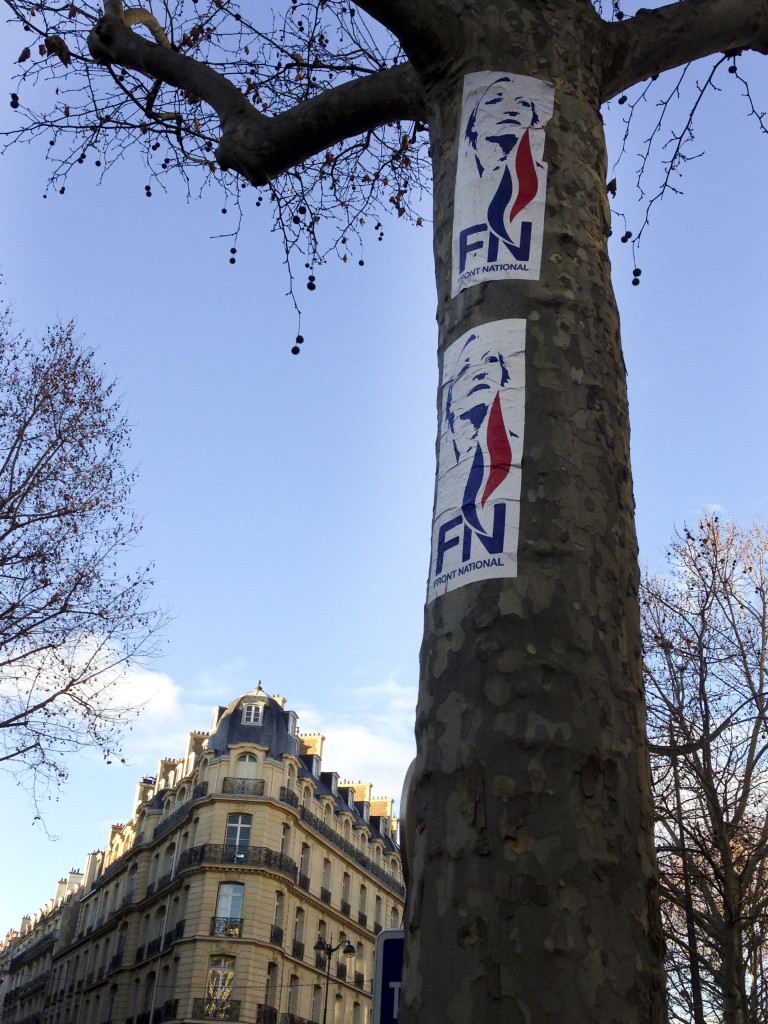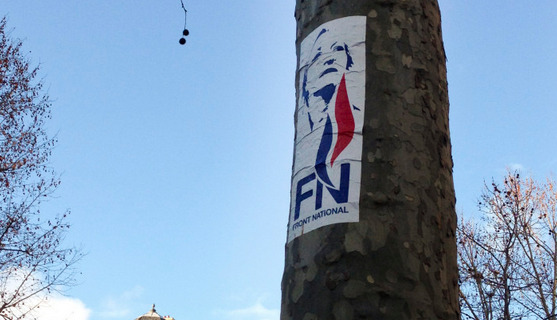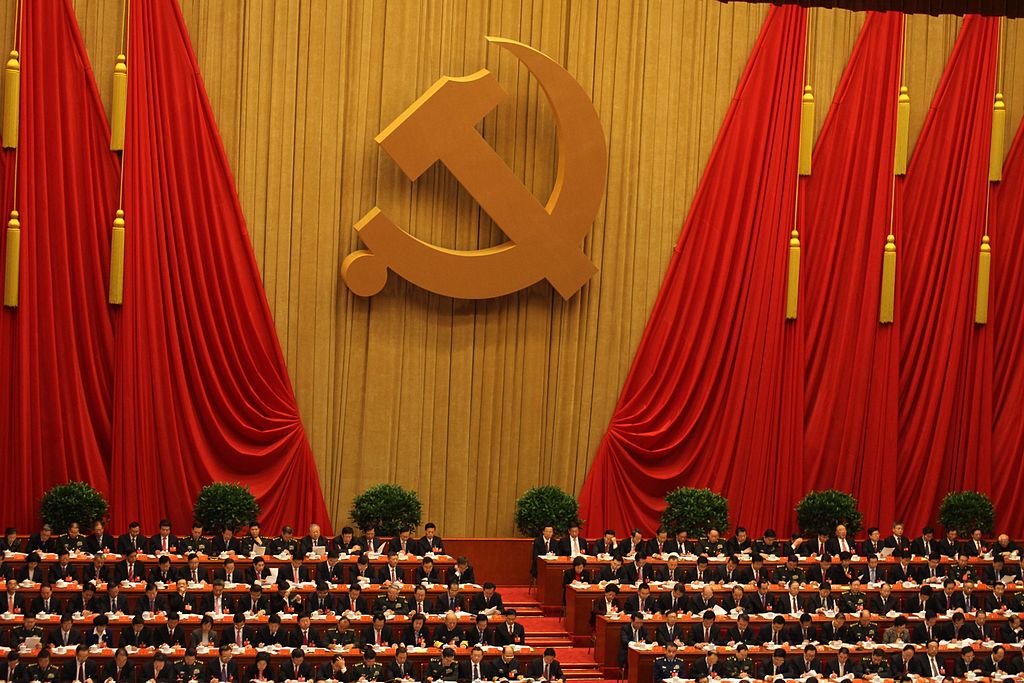
Following international headlines as of late, it would appear that the top story coming out of France concerns President François Hollande’s personal (read: intimate) life. Interestingly, none of the major American and British news agencies or papers mentioned France’s Jour de Colère (Day of Rage) demonstration that took place on January 26 in Paris. Numbering 17,000 according to the French police, and upwards of 120,000 according to other reports, the demonstration called primarily for the resignation of President Hollande. And the unrest had nothing to do with his personal life. Anger over unemployment, taxation, and a perceived infringement on civil liberties were just a few of the complaints levied by the demonstrators. The French media reported on the demonstrations, but the only substantial English-language news to be found was by VICE and consisted of a report by two eyewitnesses who left before the protests became violent.
The apparent media blackout surrounding this protest makes it hard to determine what the impact of the protest was and who the protesters were. According to the protest organizers, the demonstration does not endorse any particular political party or figure, but upon closer examination their poster design suggests alignment with the far-right Front National (FN) party. A YouTube report of the protest revealed that among the demonstrators were neo-Nazis, members of the FN, members of the right wing student group Union pour la Démocratie Française (Union for French Democracy) dressed in all black, and a large contingent of Catholic-royalists. Some protesters called for a putsch or military coup, claiming the French army was the only institution that has not been “corrupted.” Corrupted by what? It is not clear, but anti-Semitism, anti-gay, anti-European Union, and anti-Finance sentiments were strongly expressed.
The demonstrators, reminiscent of Tea Party activists, claim a deep love for their country as well as being defenders of “French identity.” It is unclear what that identity constitutes, but demonstrators made clear what it did not include. In addition to wanting to expel France’s Jews and immigrants – the government is already taking care of the Roma – demonstrators appeared to reject France’s democratic institutions. Cries of phony elections and a dictator president were just some of the sentiments expressed.
Aside from statements by Manuel Valls, the Minister of the Interior who is often the target of anti-Semitic hate speech for his perceived closeness to the Jewish community, noteworthy is the lack of condemnation from the French government. Valls condemned the violence and hate speech before the national assembly in a two-minute statement. He noted that a far-right rally of these proportions has not occurred in recent memory and the level of hatred expressed towards Jews was concerning. Valls condemned those who felt his deployment of law enforcement was excessive. He also passionately called for a unified rejection of the hate, anti-Semitism, and defamation of the French Republic the demonstrators represented. This message of unity is one seldom heard from French politicians. If the members of the National Assembly had any courage, they would do well to echo Valls’ condemnation of the protests. Instead, far-right deputies interrupted Valls thirty seconds into his speech and order had to be restored.
France is a vital country in the EU and the Eurozone; its depressed economy remains the 5th largest in the world. A protest of tens of thousands of citizens on the far right in Paris does not mean that France will go the way of Greece. Nevertheless, the trend towards nationalism and xenophobia coupled with economic downturn is not new – it led to the rise of Fascism in Europe and should not be taken lightly by anyone. If you can hear the people sing, you may want to listen, especially in a country that has a propensity for violent revolutions.
The views expressed by the author do not necessarily reflect those of the Glimpse from the Globe staff, editors, or governors.
Correction: A previous version of this article incorrectly stated the identity of France’s Interior Minister. Glimpse apologizes for any confusion.









